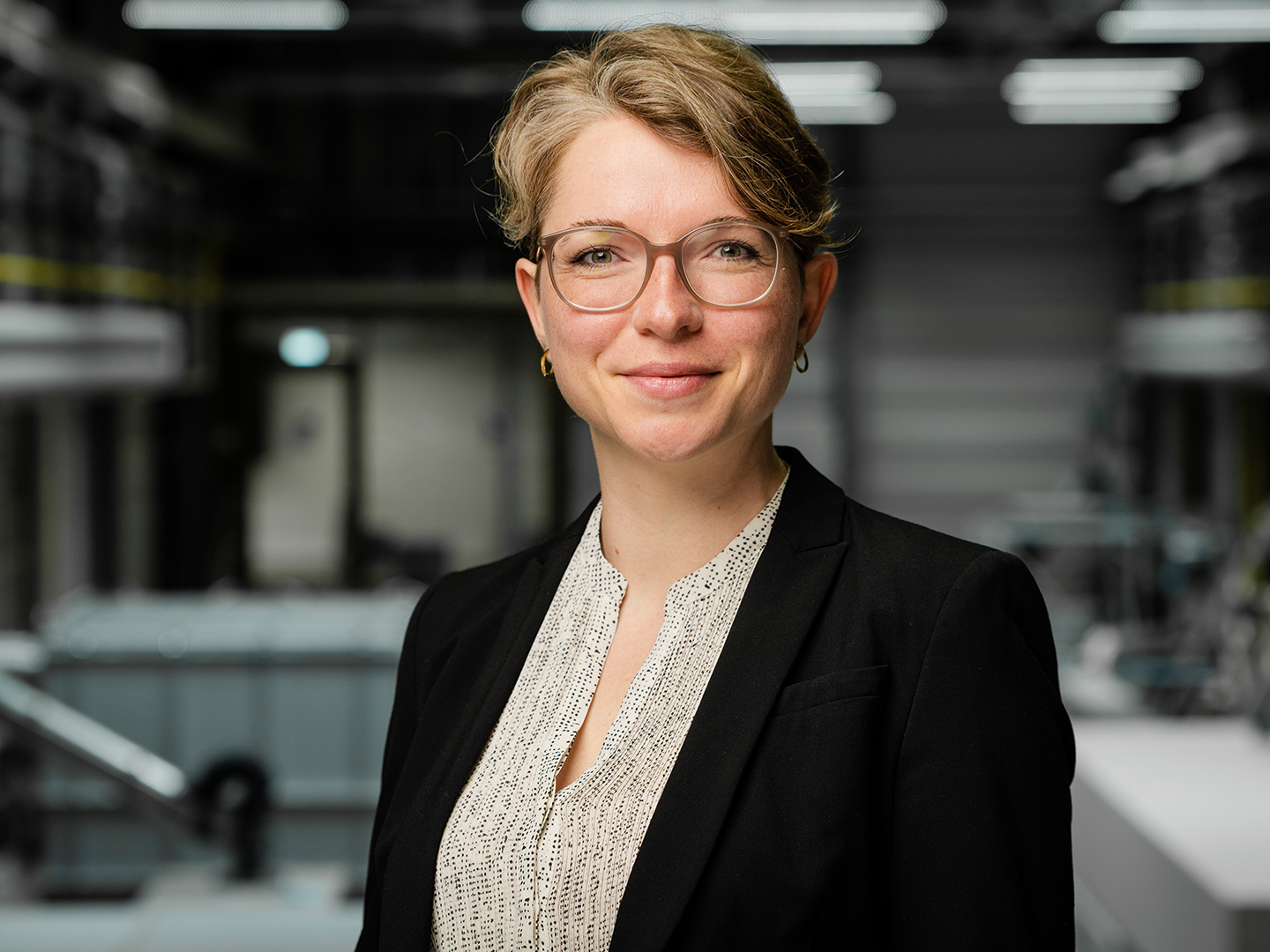»The transition to a circular economy is essential for the sustainable orientation of the European and global economic system. «
Four questions to...

What is the circular economy? How can CIRCONOMY® Hubs contribute to it? What is next for the initiative? And what added value does the work being done in CIRCONOMY® Hubs bring? In “Four questions to...”, we regularly interview participants in the CIRCONOMY® initiative. This time with Katharina Reh, head of department recycling management at Fraunhofer UMSICHT in Sulzbach-Rosenberg.
(1) What does the circular economy mean to you?
The transition to a circular economy is essential for the sustainable orientation of the European and global economic system. The implementation requires highly interdisciplinary and long-term cooperations. My personal focus is on developing and realizing sustainable raw material cycles.
(2) CIRCONOMY® Hubs are a new infrastructure for the circular economy. How can you and your institute contribute to this?
At the Sulzbach-Rosenberg institute branch of Fraunhofer UMSICHT, we are working on the energy and raw materials transition. Our technical core areas of expertise lie in thermochemical processes. Through these, we produce renewable energy sources such as sustainable fuels and hydrogen and recover raw materials from complex high-tech products and organic residues. We are also working on concepts and strategies for the circular economy, as well as technology and sustainability assessments.
(3) The CIRCONOMY® Hubs are set to be implemented in 2022: What are your hopes for the future?
We have already obtained start-up funding from the Bavarian Ministry of Economic Affairs, Regional Development and Energy for the Circular Carbon Technologies CIRCONOMY® Hub. We are using this start-up support to work on two specialized projects and on designing the Hub. We hope that the hub will subsequently become permanent and that we will then be able to work together with SMEs and large companies, universities and research institutions to advance the transformation processes involved in the energy and raw materials transition.
(4) What added value can the Fraunhofer partners who participate in CIRCONOMY® Hubs expect?
CIRCONOMY® Hubs will become platforms for interdisciplinary and long-term cooperation and networking with a systemic approach. There will be a clear focus on demonstration and application, all with the aim of enabling a practical and sustainable circular economy.
 Fraunhofer Institute for Environmental, Safety and Energy Technology UMSICHT
Fraunhofer Institute for Environmental, Safety and Energy Technology UMSICHT